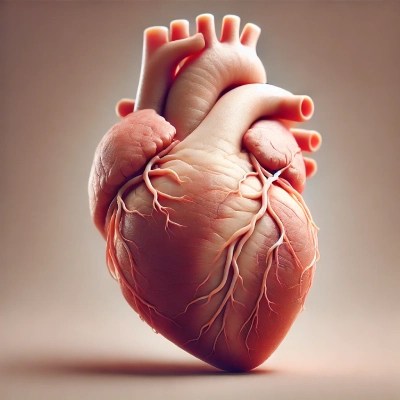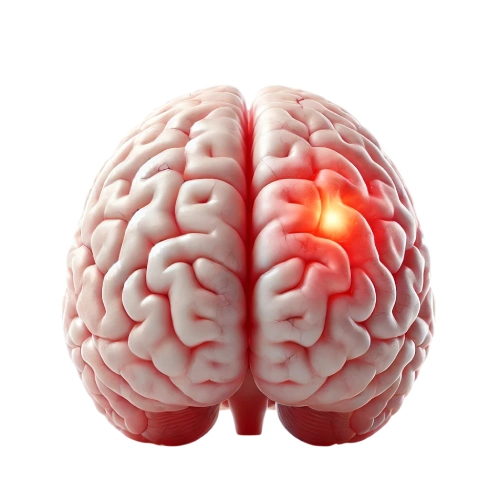Eggs and Cholesterol: Do they increase LDL cholesterol levels?
The relationship between eggs and cholesterol has been widely debated in nutrition and health research. For years, eggs were thought to contribute significantly to high cholesterol levels and an increased risk of cardiovascular disease (CVD).
However, recent studies offer a more nuanced perspective, showing that the effects of egg consumption on LDL cholesterol and overall heart health depend on individual factors such as metabolic health and dietary patterns.
The Link Between Eggs and Cholesterol
Some studies have suggested a modest association between high egg consumption and increased cardiovascular risk, particularly in individuals with pre-existing metabolic conditions such as diabetes or heart disease.
However, research also indicates that for most healthy individuals, eggs do not significantly impact LDL cholesterol levels or increase heart disease risk when consumed in moderation. The body’s cholesterol production is largely influenced by overall dietary patterns rather than dietary cholesterol alone.
In fact, eggs contain nutrients that may even support heart health, such as omega-3 fatty acids and antioxidants.
Are Eggs a Superfood? Nutritional Benefits
Beyond the cholesterol debate, eggs provide a wealth of essential nutrients that contribute to overall health:
– High-Quality Protein: Eggs contain all nine essential amino acids, making them an excellent source of complete protein for muscle maintenance and overall nutrition.
– Vitamin B12: Supports brain function, nerve health, and red blood cell production.
– Vitamin D: Crucial for bone health and immune function, especially in populations with limited sun exposure.
– Choline: Essential for brain development, liver function, and cell membrane integrity.
Given this nutrient density, eggs can be considered a superfood that supports a well-balanced diet and overall nutritional well-being.
Should You Limit Egg Consumption?
In my experience as a nutritionist, I have seen that consuming 1-2 eggs per day does not significantly raise LDL cholesterol levels in most people. Instead, eggs provide essential nutrients that contribute to a balanced diet. As with any food, moderation and dietary context matter. Combining eggs with fiber-rich foods, healthy fats, and regular physical activity can help maintain heart health.
Eggs and Cholesterol: Conclusion
The notion that eggs inherently raise LDL cholesterol and increase heart disease risk is not supported by consistent scientific evidence.
While individuals with certain health conditions should be mindful of their intake, eggs remain a highly nutritious food that can be part of a heart-healthy diet. As always, dietary recommendations should be personalized, taking into account overall lifestyle, health status, and individual responses to dietary cholesterol.

Written by: Nutritionist Andrés Izurieta
Bibliographic citations:
Formisano E, Lopes Neri L de C, Caffa I, Borgarelli C, Ferrando MR, Proietti E, et al. Effect of egg consumption on health outcomes: An updated umbrella review of systematic reviews and meta-analysis of observational and intervention studies. Nutr Metab Cardiovasc Dis. 3 de enero de 2025;103849.
Kang JW, Zivkovic AM. Are eggs good again? A precision nutrition perspective on the effects of eggs on cardiovascular risk, taking into account plasma lipid profiles and TMAO. J Nutr Biochem. febrero de 2022;100:108906.
Chen GC, Chen LH, Mossavar-Rahmani Y, Kamensky V, Shadyab AH, Haring B, et al. Dietary cholesterol and egg intake in relation to incident cardiovascular disease and all-cause and cause-specific mortality in postmenopausal women. Am J Clin Nutr. 6 de abril de 2021;113(4):948-59.
Zhao B, Gan L, Graubard BI, Männistö S, Albanes D, Huang J. Associations of Dietary Cholesterol, Serum Cholesterol, and Egg Consumption With Overall and Cause-Specific Mortality: Systematic Review and Updated Meta-Analysis. Circulation. 17 de mayo de 2022;145(20):1506-20.





